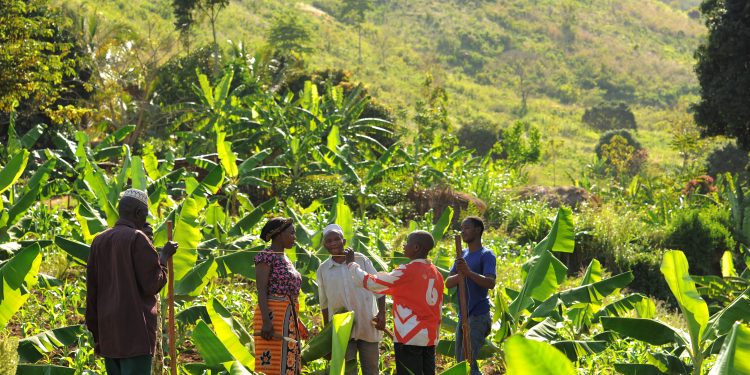Climate finance dedicated to sustainable and agroecological food systems has seen a significant decline, further exacerbating the impacts of the climate crisis on agriculture and the livelihoods of millions of farmers worldwide, according to a new report by the Global Alliance for the Future of Food.
The report reveals that the percentage of global climate finance allocated to food systems dropped from 3% in 2017 to 2.5% in 2022. Despite food systems contributing to about a third of all global greenhouse gas emissions, with livestock being the largest driver, funding has continued to fall short. Sustainable and agroecological food systems received only 1.5% of climate finance during this period.
The report highlights that out of $16.3 billion in public climate finance directed toward food systems, only $9.1 billion can be considered sustainable. This underscores the mismatch between the significant emissions caused by current industrial food systems and the inadequate financial support aimed at mitigating these impacts. The hidden costs of these systems are estimated at $12 trillion annually, while the transition to sustainable, agroecological food systems requires an estimated $430 to $500 billion per year.
“Despite over 90% of Nationally Determined Contributions (NDCs) mentioning agriculture as a priority for climate adaptation and mitigation, the current climate finance flowing towards food systems does not align with the Paris Agreement’s 1.5-degree targets,” the report notes.
As countries prepare to review their NDCs next year, the report calls on governments to create clear investment plans for public climate finance. It urges a redirection of subsidies, currently totaling $670 billion annually for fossil fuel–intensive food systems, towards more sustainable agricultural practices that benefit both people and the planet.
The report emphasizes the need for comprehensive investment across various sectors, including agriculture, food environments, diets, food loss and waste, and governance. Only 6% of the public climate finance going towards sustainable food systems currently targets healthy diets and food loss and waste.
Furthermore, it stresses the importance of not just focusing on agriculture and land use but also investing in areas like food environments that promote healthy, sustainable choices. It advocates for a new collective quantified goal (NCQG) to channel more funds into urgent climate action, with a focus on supporting resilient, equitable food systems.
“While quantifying mitigation efforts in food systems is complex, interventions in sustainable, agroecological food systems present significant opportunities for investment and can yield multiple co-benefits,” the report states. It also highlights that vulnerable groups such as farmers, fishers, pastoralists, food producers, and Indigenous Peoples lack access to necessary climate finance to bolster their resilience. The report calls for new finance mechanisms to ensure funds reach these groups directly.
In conclusion, the report urges policymakers, parties to the Paris Agreement, and climate finance donors to increase and shift funding to support the transformation of global food systems, ensuring a more sustainable and equitable future for all.










